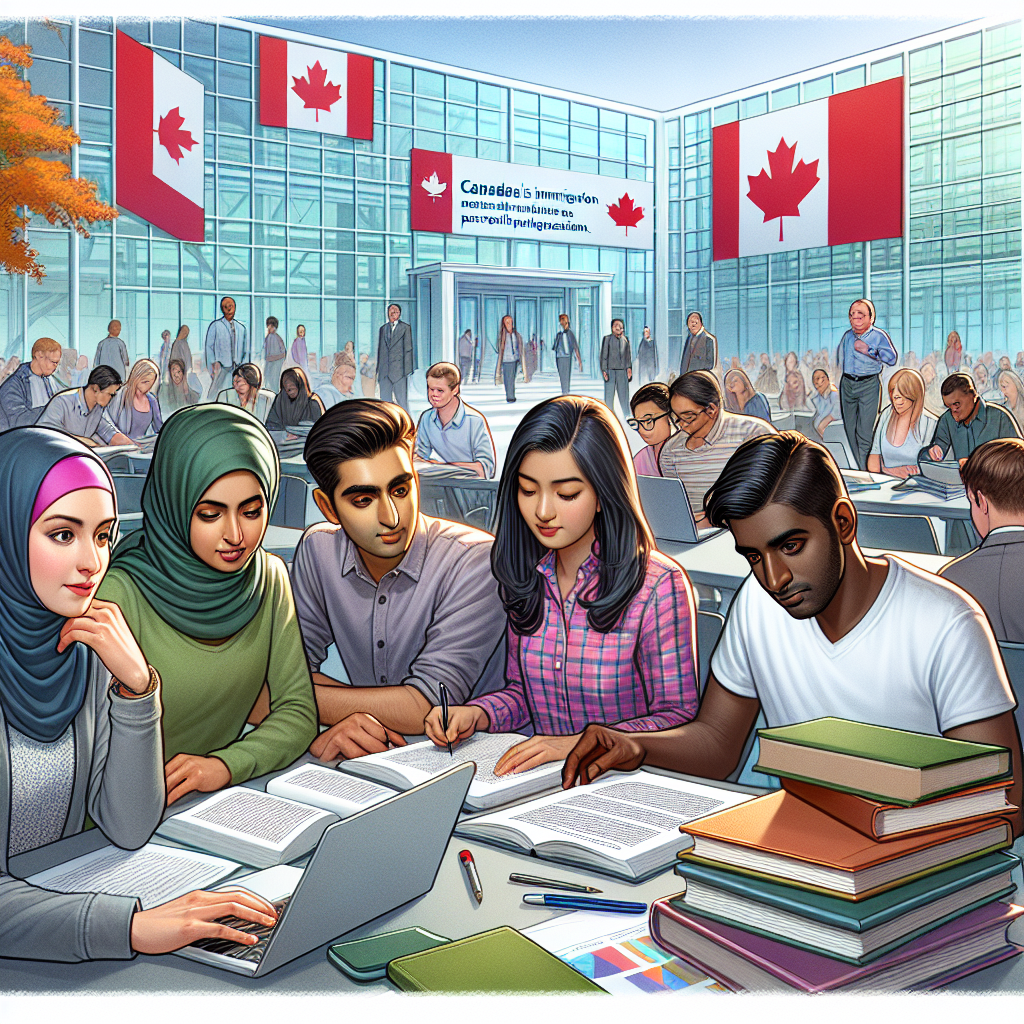IRCC Allows Work Permit Holders to Study in Canada

Work Permit Holders in Canada Can Pursue Studies Without Additional Permits: Key Insights and Implications
Recent updates from Immigration, Refugees and Citizenship Canada (IRCC) have clarified that certain work permit holders can continue their education without needing a study permit, a policy that is particularly beneficial for newcomers. This initiative, which is part of a broader temporary policy established in 2023, is set to remain in effect until June 27, 2026.
Who Qualifies for the Study Permit Exemption?
To take advantage of this opportunity, individuals must meet specific criteria:
- Valid Work Permit: Holders must have applied for their work permit on or before June 7, 2023.
- Application for Renewal: If a work permit renewal application was submitted by this date, individuals can study while awaiting IRCC’s decision.
However, newcomers who applied for their work permits after June 7, 2023, are not eligible for this exemption.
Study and Work Balance
Eligible individuals can engage in studies until their current work permit expires or their renewal application is processed. They may also work while studying, as long as they maintain their immigration status. If they hold both a valid study permit and a co-op work permit that complies with the exemption criteria, they can enroll in additional programs.
Educational Advantages for Newcomers
The ability to study while holding a work permit presents significant advantages for newcomers. Research by Statistics Canada has shown that individuals with Canadian education experience tend to perform better in the labor market. Notably, graduates of Canadian institutions earn, on average, 27% more in the first couple of years after obtaining permanent residency compared to those who studied abroad.
Education in Canada not only enhances job prospects but also boosts eligibility for permanent residency (PR). The Comprehensive Ranking System (CRS) awards points for educational qualifications, thereby increasing the likelihood of receiving an invitation to apply for PR. A higher education level can yield up to 150 points, depending on an applicant’s circumstances.
Strategic Pathways to Permanent Residency
Continuing education in Canada can provide newcomers with access to provincial immigration pathways specifically designed for international graduates. Many of these programs prioritize work experience and employment arrangements within the province, serving as an effective route for individuals looking to establish their lives in Canada.
Conclusion: The Intersection of Work and Education
The IRCC’s recent policy update reflects a growing understanding of the importance of education in the integration process for newcomers. By allowing work permit holders to study, Canada is fostering a more skilled workforce that can contribute to its economy. This initiative not only aids individuals in their professional development but also enhances their prospects within the immigration system.
For newcomers, this presents a unique opportunity to balance work and education strategically, positioning themselves for long-term success in Canada. As the policy continues until 2026, individuals are encouraged to explore their educational options and take full advantage of the opportunities available to them in this diverse and thriving nation.



